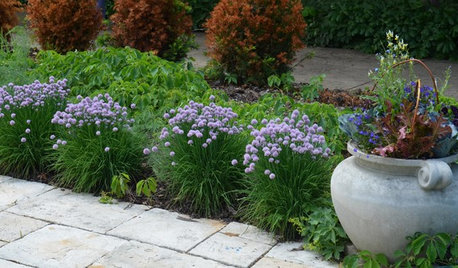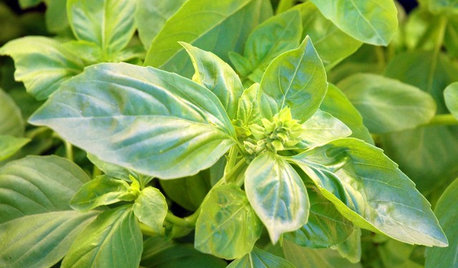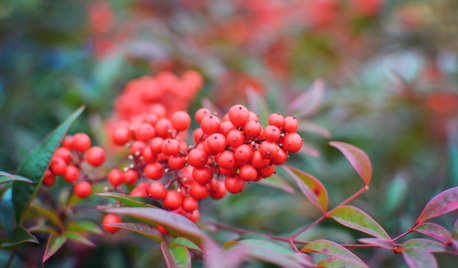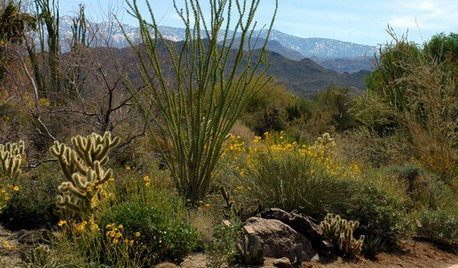Using blood meal for gardens, compost piles
droogie6655321
17 years ago
Featured Answer
Comments (11)
droogie6655321
17 years agolast modified: 9 years agoRelated Professionals
Marina Landscape Architects & Landscape Designers · Middle River Landscape Architects & Landscape Designers · Gainesville Landscape Contractors · Berkeley Heights Landscape Contractors · Blue Springs Landscape Contractors · Cary Landscape Contractors · Holland Landscape Contractors · Marlborough Landscape Contractors · Saint John Landscape Contractors · Saint Paul Landscape Contractors · Yuba City Landscape Contractors · Maple Heights Landscape Contractors · Baltimore Decks, Patios & Outdoor Enclosures · Cincinnati Decks, Patios & Outdoor Enclosures · Grandview Decks, Patios & Outdoor EnclosuresOkiedawn OK Zone 7
17 years agolast modified: 9 years agodroogie6655321
17 years agolast modified: 9 years agoOkiedawn OK Zone 7
17 years agolast modified: 9 years agosteffieok
17 years agolast modified: 9 years agodroogie6655321
17 years agolast modified: 9 years agosusanlynne48
17 years agolast modified: 9 years agoOkiedawn OK Zone 7
17 years agolast modified: 9 years agojannettewilliams
13 years agolast modified: 9 years agolehmanland5_yahoo_com
13 years agolast modified: 9 years ago
Related Stories

GARDENING GUIDESGet on a Composting Kick (Hello, Free Fertilizer!)
Quit shelling out for pricey substitutes that aren’t even as good. Here’s how to give your soil the best while lightening your trash load
Full Story
GARDENING GUIDESEdible Plants That Double as Ornamentals
Try growing these tasty plants with your ornamentals for an attractive garden and fresher meals
Full Story
DINING ROOMSBetter Ways to Use Your Dining Room
Ready to rethink a formal dining room? Here are some great ideas for turning your home’s least-used room into a fun multitasking area
Full Story
HOUSEKEEPINGOut, Darn Spot! Tips for Removing Carpet Stains
Know the right solutions and when to use them to prevent stains from pets, soda, chocolate, blood and more
Full Story
LIFEThe Polite House: How Can I Kindly Get Party Guests to Use Coasters?
Here’s how to handle the age-old entertaining conundrum to protect your furniture — and friendships
Full Story
SUMMER GARDENINGHow to Grow Basil
Bright color, quick growth and endless uses for cooking make this summer annual a winner in the garden or a pot
Full Story
GARDENING GUIDESMid-Atlantic Gardener's January Checklist
Scatter berries while ye may, be kind to your fair-feathered friends and try a time-saving compost trick that will keep you out of the cold
Full Story
GARDENING GUIDESSouthwest Gardener's April Checklist
Welcome the return of roses and herbs, and consider a new use for vines as you rejoice in your newly green spring garden
Full Story
GARDENING GUIDESHouzz TV: Make a Worm Bin for Rich Soil and Happy Plants
A worm-powered compost bin that can fit under a sink turns food scraps into a powerful amendment for your garden. Here’s how to make one
Full Story
EDIBLE GARDENSNatural Ways to Get Rid of Weeds in Your Garden
Use these techniques to help prevent the spread of weeds and to learn about your soil
Full Story





Okiedawn OK Zone 7